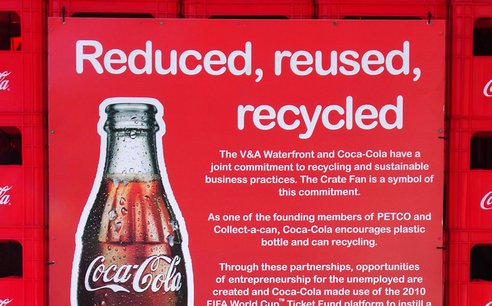Business Ethics: Coca-Cola’s Waste
Northampton is a town in Western Massachusetts. It is home to one of Coca-Cola plant. Recently, this plant has been dumping out excessive wastewater that is becoming too expensive for the Northampton’s wastewater treatment facility to process. The sewage from Coca-Cola is more sugary effluent, meaning that the waste cannot be dumped into the river because it creates high-level of bacteria. As a result, the Northampton’s wastewater treatment system must handle the processing of the waste, but at a higher price for overtime, energy, and the expenses.
A possible solution Northampton is considering is to up the wastewater processing rates by 23%. However far from stepping up to help pay for the added waste treatment, Coca-cola headquarter still haven’t responded to the plan.
This article is definitely an article regarding business ethics. Before the expansion and construction of a new plant, Coca-cola should have foreseen the waste problem. It is not ordinary waste that the company is leaking out, but a waste that could bring potential danger to the citizens of Northampton. What if a worker one day accidentally dump a gallon of waste water into the toilet? What if a young boy drinks the water when he is down by the lake? Working with communities can not only set a mutual agreement, but also the company can show the citizens its proactive side on water stewardship. Hopefully Coca-Cola will find a win-win situation for itself and the citizens of Northampton.
